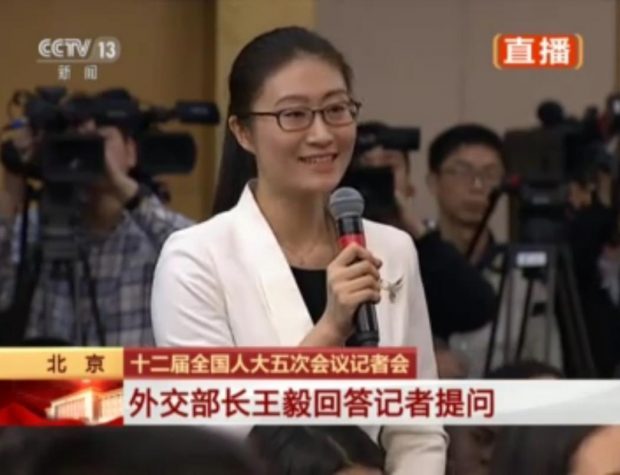
China makes great progress in protection of women’s rights and status

By Liu Junguo from People’s Daily
Women living in China have witnessed a dramatic rise in their social status in recent years, thanks to the increasing efforts made by Chinese government to improve the protection of their rights.
Data showed that by 2015, the average life expectancy of Chinese women is 79.43 years old, the proportion of girls receiving junior college and university education, and postgraduate education is 52.4 percent and 49.7 percent respectively, and female employees account for 42.9 percent of the working population.
The passed International Women’s Day falling on March 8 is an evidence of their rising social status.
On that day, many men expressed their love and respect to their female family members by offering presents, sharing more housework or taking care of babies, while some companies provided a half-day holiday for their women employees or sent them gifts.
Hundreds of millions of women in China have made glorious achievements in all economic and social sectors.
Chinese female astronaut Liu Yang, for instance, completed the manned rendezvous and docking task of Tiangong-1 and Shenzhou-9 spacecraft together with her colleagues in 2012. In 2015, Chinese female scientist Tu Youyou was awarded with the Nobel Prize in Physiology or Medicine, becoming the first Chinese scientist to win a Nobel Prize for work done in China.
Protection of women’s rights and interests has been high on agenda of the Communist Party of China (CPC) as respect for women remains an important progress symbol of social civilization.
The women from all ethnic groups, under the leadership of the CPC, set up the All-China Women’s Federation in April 1949.
Since the reform and opening up, the CPC and the central government have taken efforts to ensure women’s equal access to law-based democratic rights, economic and social development as well as the fruits brought by the new policies.
As a result, substantial progress has been accomplished by China in the protection of women’s rights and interests, and relevant legal system has been optimized as well.
The law to protect women’s rights and interests was passed by the National People’s Congress in early 1992 and came into force in October of that year.
In 1995, China defined gender equality as a basic national policy. Ten years later, China amended the clauses on the protection of women’s rights and interests as “women shall enjoy equal rights with men in all aspects of political, economic, cultural, social and family life.”
In the 13th Five-Year Plan on National Economic and Social Development issued in March, 2016, China also listed a separate chapter on women’s rights protection and development.
The plan made a requirement to ensure women are entitled to equal access to schooling, employment, marriage and participation in social affairs, guarantee rural women’s land rights and interests, and raise women’s participation in decision and management.


